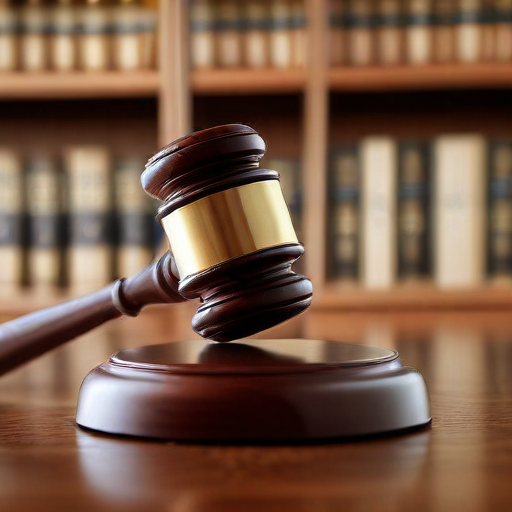The Illinois Supreme Court has recently overturned the conviction of actor Jussie Smollett, who faced prosecution for allegedly fabricating a hate crime against himself in 2019 in Chicago. Smollett has consistently maintained that he was a victim of an actual attack, pointing to an incident where he reported being targeted with racial slurs and having a noose placed around his neck while walking near his apartment.
In 2021, Smollett was found guilty on five counts of disorderly conduct related to the incident, resulting in a 150-day jail sentence. However, he served only six days before being released while appealing his conviction. The Illinois Supreme Court’s ruling sided with Smollett’s legal team, who argued that he should not have been subjected to charges brought forth by a special prosecutor after the Cook County State Attorney’s Office had initially dropped the charges in exchange for community service.
The decision has stirred significant public backlash, with figures such as Chicago Mayor Rahm Emanuel expressing disappointment over what they perceive as a lack of accountability for Smollett’s actions. The Supreme Court acknowledged the public scrutiny surrounding the case, noting that many feel dissatisfied with the previous outcomes. They emphasized the importance of maintaining the integrity of legal agreements, asserting that any ruling disregarding such agreements would undermine the justice system.
During the trial, the prosecution asserted that Smollett orchestrated the alleged attack to garner sympathy after feeling the need for action against hate mail he received. In contrast, the two brothers involved in the case testified that Smollett had paid them to carry out the staged incident.
This ruling raises complex questions about justice and accountability while highlighting the critical need for thorough investigations in claims of crime. Despite the controversies, there is an opportunity to focus on the broader discourse surrounding hate crimes and societal perceptions of justice. As the case evolves, it may serve as a reminder of the delicate balance between public perception and legal proceedings.
In summary, the Illinois Supreme Court’s decision to overturn Jussie Smollett’s conviction has reignited debates about the nature of justice and the public’s role in high-profile cases, emphasizing the vital importance of fair legal processes. While the case remains contentious, it presents an opportunity for constructive discussions on how society addresses claims of hate crimes.
